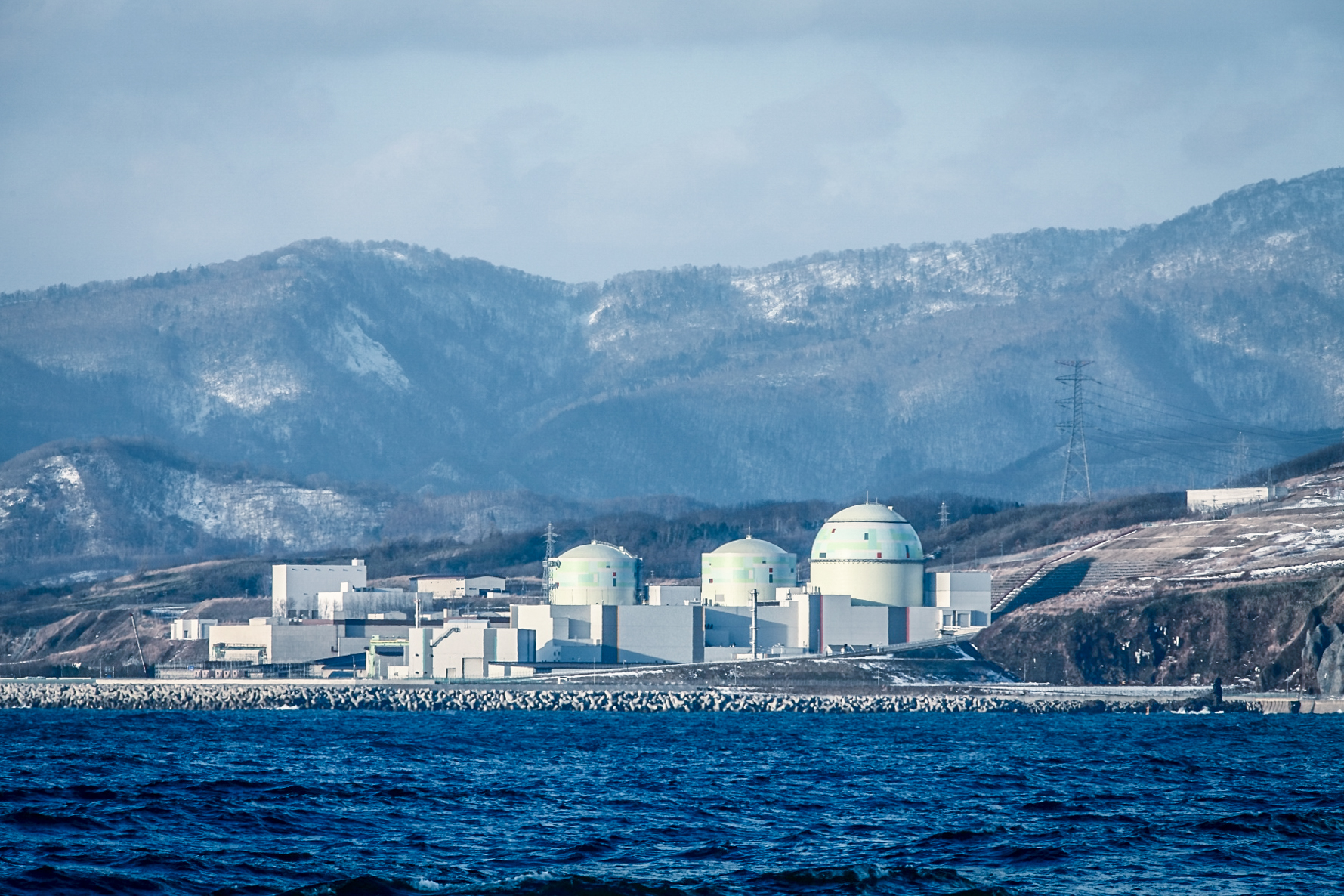In response, the All Japan Council of Local Governments with Atomic Power Stations, a national organization of NPP-hosting municipalities, has begun a full-fledged drive to obtain commitments from the national government to adopt measures supporting them, including the creation of a new system of grants.
After the accident at the Fukushima Daiichi Nuclear Power Station in March 2011, nuclear regulation was tightened throughout the country, with the lifetime of commercial reactors limited to four decades in principle. In April, power utilities decided to decommission five aging NPPs.
Just one month earlier, Genkai Town in Saga Prefecture — home to one of the five soon-to-be-decommissioned reactors, the Genkai-1 (PWR, 559MWe), owned and operated by the Kyushu Electric Power Co. — announced that it was considering imposing a tax on spent nuclear fuel.
According to the town, nearly 70% of its revenues are nuclear-related. The loss of one NPP, it said, would mean JPY400 million (USD3.33 million at USD1=JPY120) in lost revenue annually, including grants and fixed-asset revenues. It thus turned to the idea of imposing a tax on the approximately 2,000 spent fuel assemblies now stored in the spent fuel pool at the reactor.
Taxes on spent fuel were previously introduced in 2003 by Kashiwazaki City in Niigata Prefecture, home of the Kashiwazaki Kariwa NPPs, owned and operated by the Tokyo Electric Power, and were also introduced in 2004 by Satsumasendai City, Kagoshima Prefecture, home of the Sendai NPPs, owned and operated by Kyushu Electric Power.
Other NPP-hosting municipalities tried to negotiate with the national government over the issue, but the idea did not spread at that time due to different fiscal conditions and other reasons.
Prefectures already impose nuclear fuel taxes on power utilities, and have changed the formulas for calculating those taxes since the March 2011 accident. Now, they typically include the rated output of NPPs as the basis for the tax in addition to the price of the nuclear fuel, letting them even continue taxing NPPs whose operations have been temporarily suspended. So far, 11 of the 13 hosting prefectures across the country have shifted to that approach.
After the statement by Genkai Town, and with more and more NPPs destined to be decommissioned in the foreseeable future, NPP-hosting municipalities are increasingly likely to impose taxes on spent fuel.


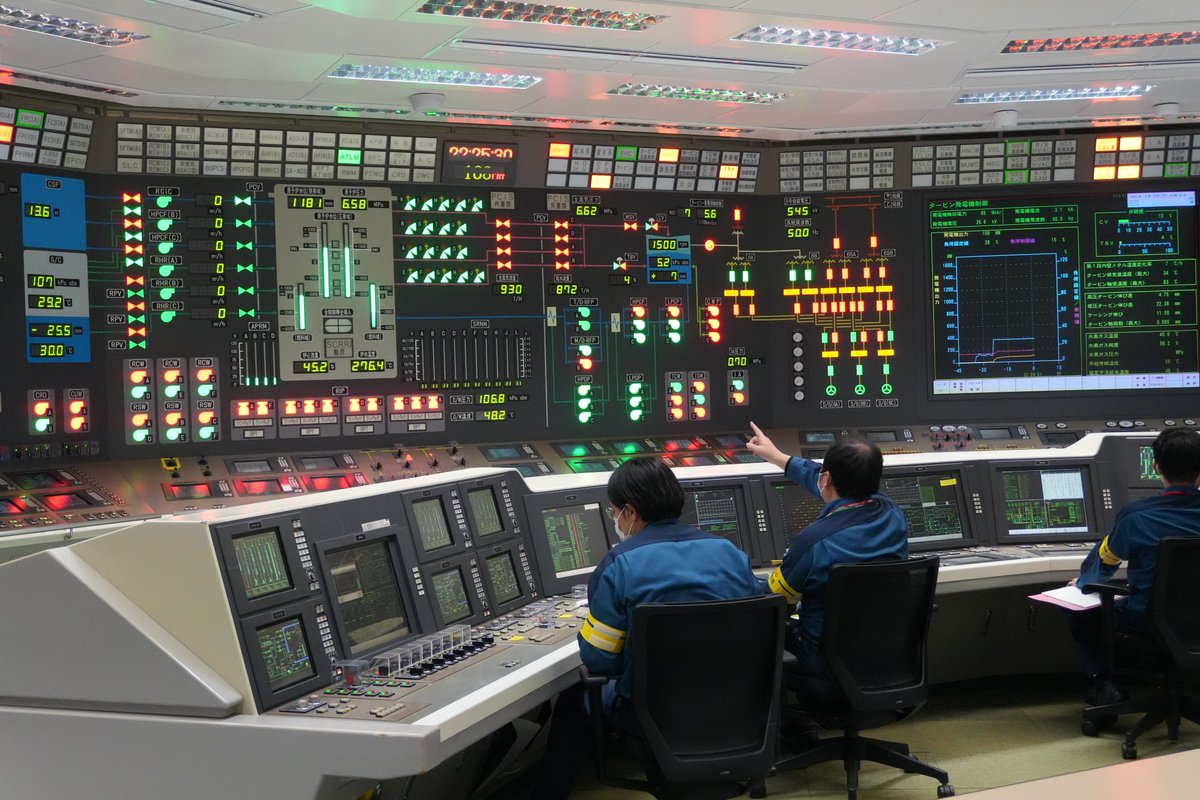
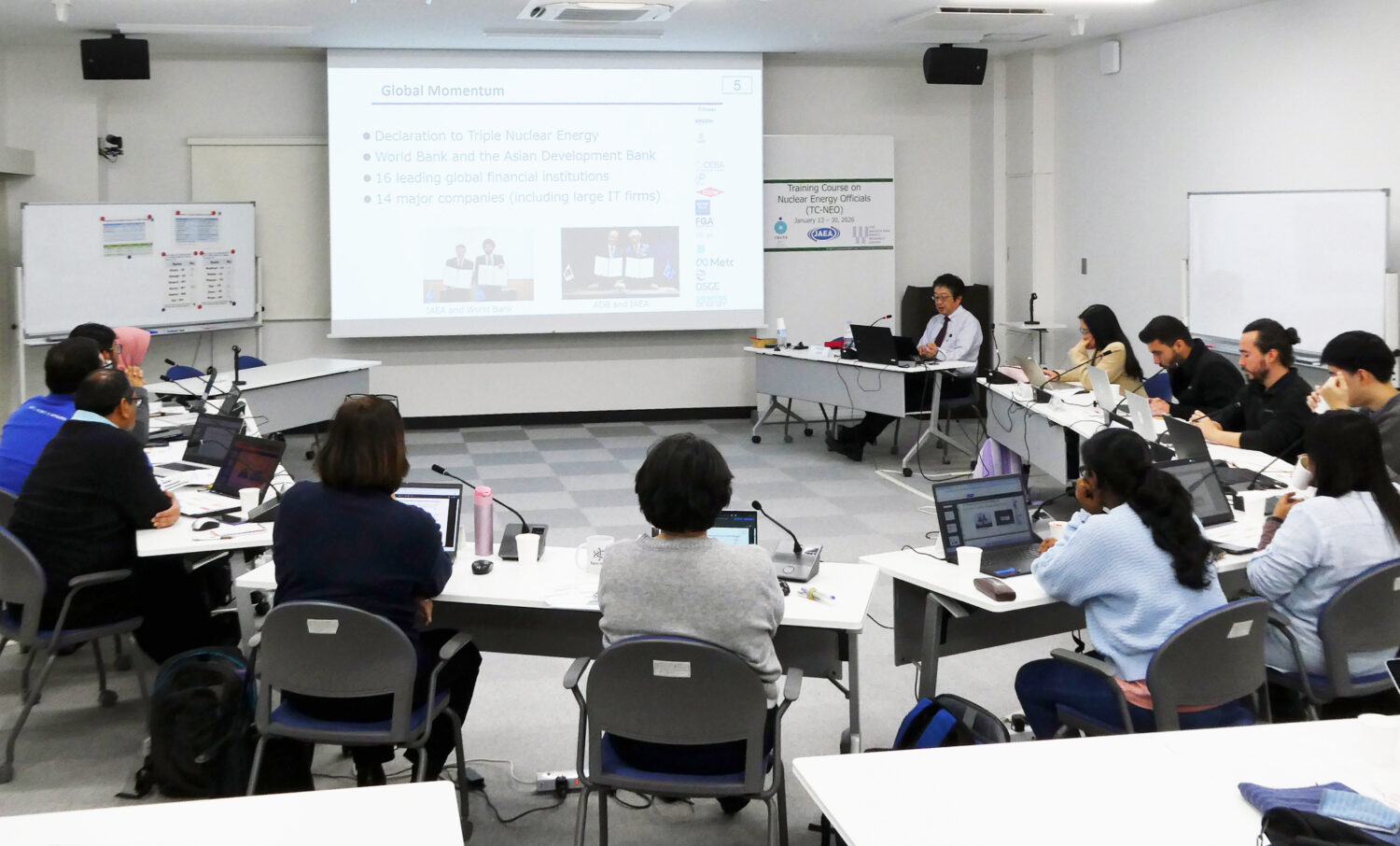
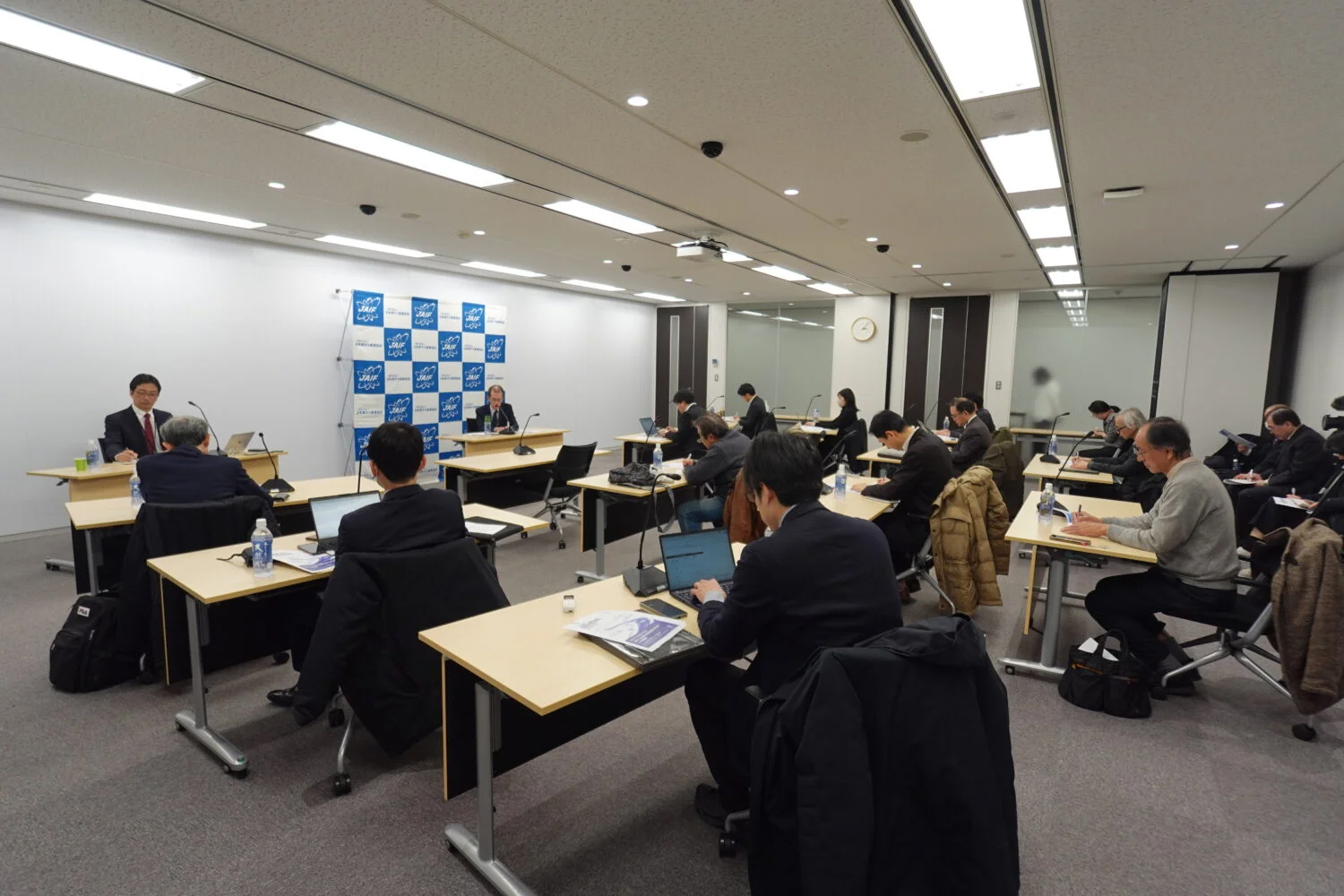
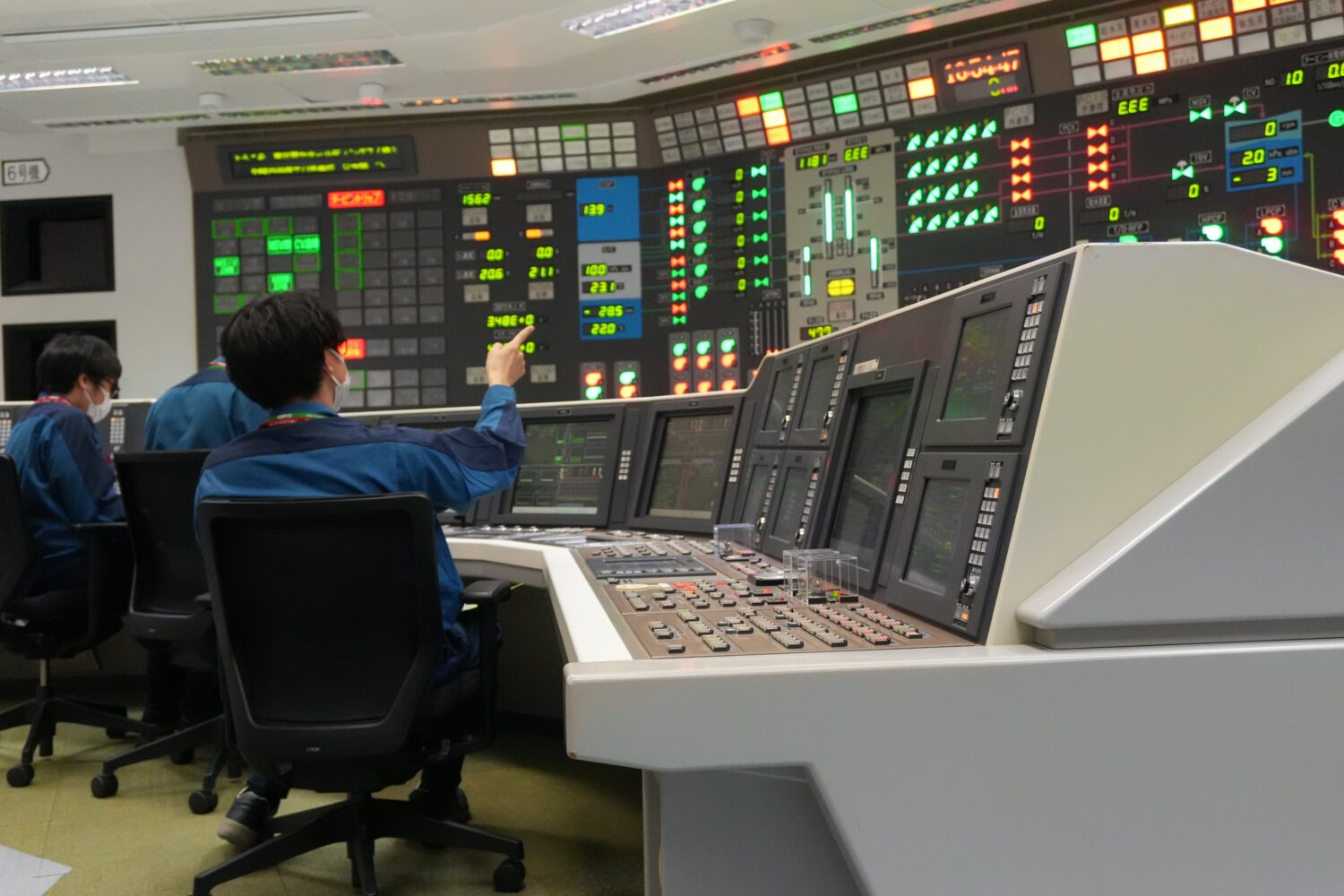
-013.jpg)
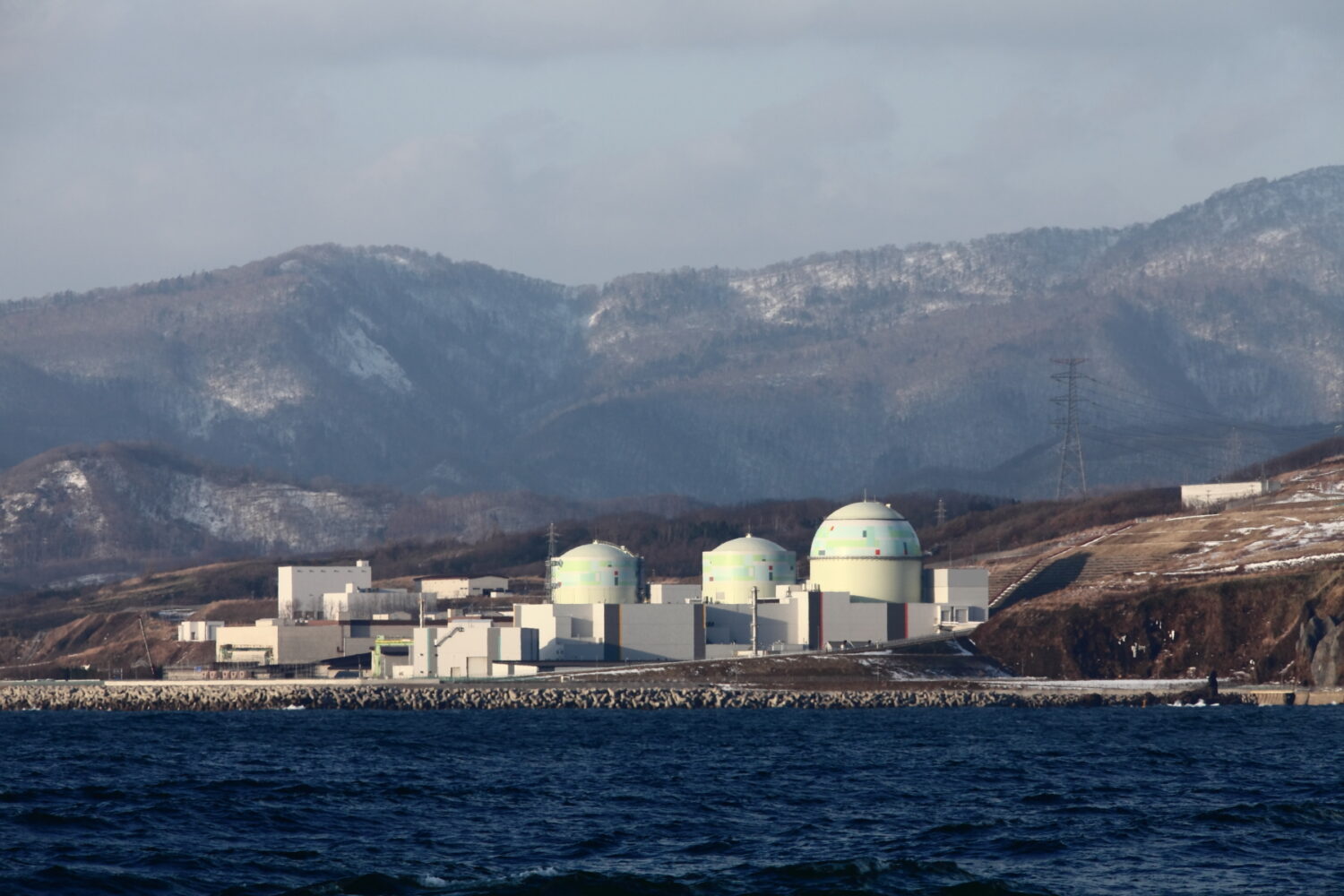
-049.jpg)
.jpg)

